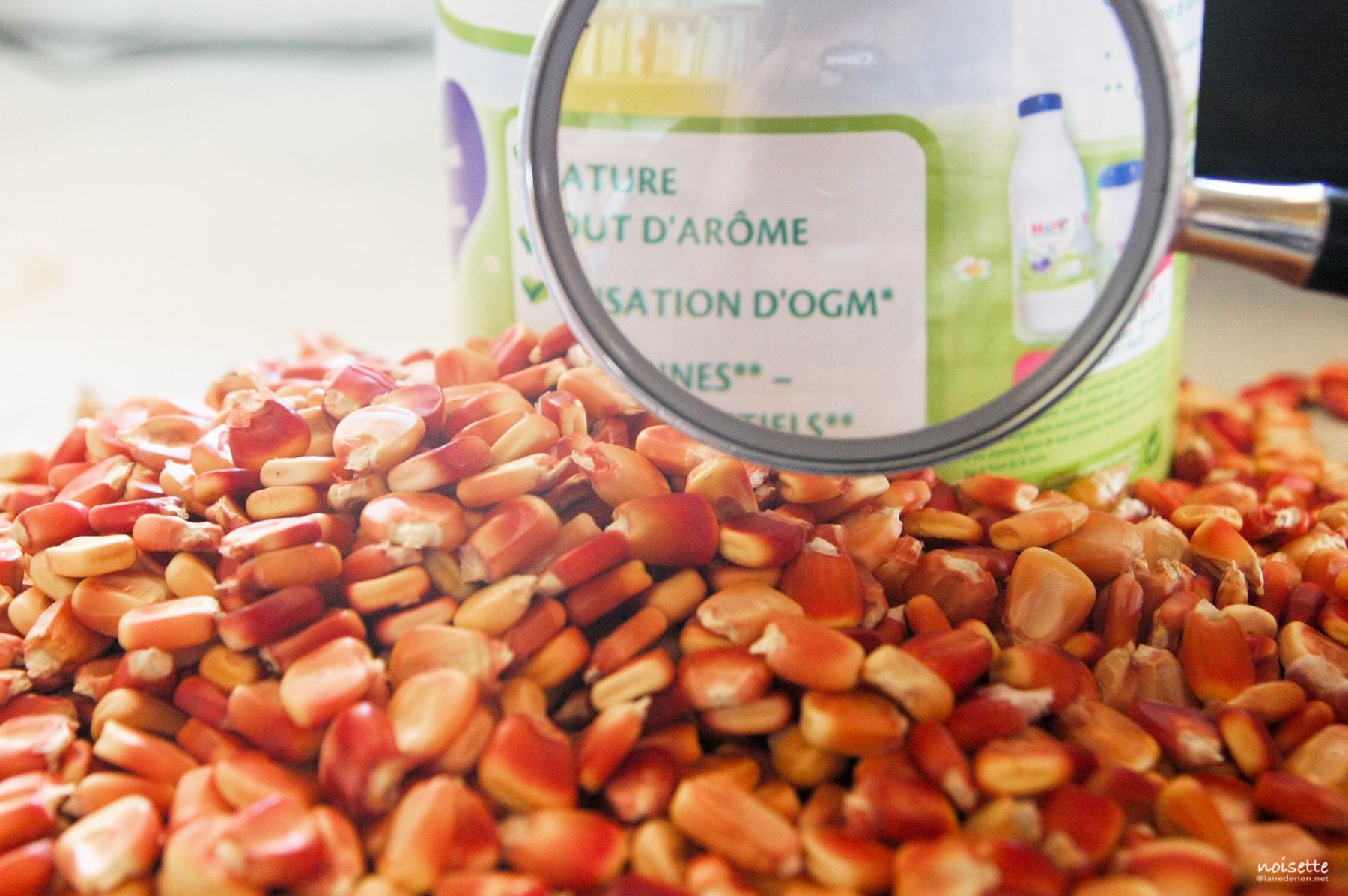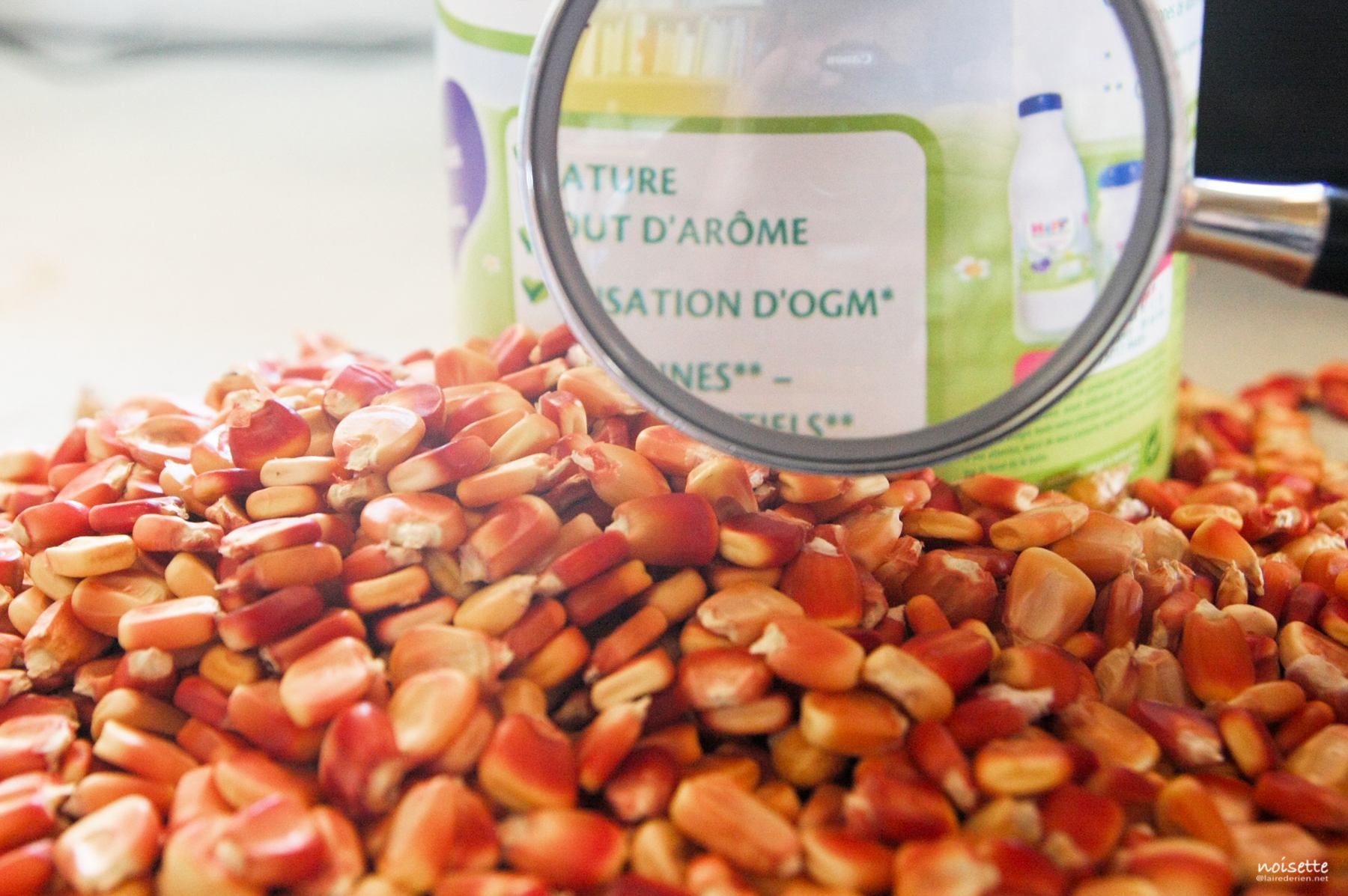
Micro-organisms and industry : a very, very concentrated market
In the European Union, 137 « different entities » filed 768 applications for authorisation of micro-organisms to produce different molecules. 50 of these entities filed applications using genetically modified micro-organisms (GMMs) declared as such. Four companies (and their subsidiaries) submitted 64% of these applications : Novozymes, DSM, IFF and AB Enzymes.They have bought and taken stakes in a […]

Agronomy
Authorization
Genetically modified microorganisms to be released soon in the EU environment ?
On June 14 2022, the European Commission met with PivotBio. This US company markets genetically modified microorganisms (GMMs) to « convert atmospheric nitrogen and deliver it to crops ». During the meeting, PivotBio explained that these microorganisms are modified « by conventional mutagenesis or by genome editing ». But it does not wish to market them in Europe « since […]

Patents
The dilemma faced by certain seed companies in relation to intellectual property rights
The wave of GMOs/NGTs (new genomic techniques) is promised by US and European multinationals, and promoted by the European Commission and agricultural lobbies. But it also raises intellectual property issues for some « intermediate » seed companies. These GMOs/NGTs are in fact protected by patents with a potentially very broad scope, which can have an impact on […]

non transgenic GMO
Scientific manipulations, a basis of the future GMO/NGT law?
The European Commission claims that its proposal for deregulation, which it put forward on July 5 2023, does not concern all GMOs but only “plants produced by targeted mutagenesis and cisgenesis” [1]. Copa-Cogeca publicly comments on the proposal, welcoming “the fact that the Commission’s proposal plans exemptions from EU GMO legislation for certain specific NBTs and […]

Deregulation of GMOs/NGTs : Unanimity is not on the agenda
Recently, the European Economic and Social Committee urgently adopted an opinion critical of the Commission’s plan to deregulate new GMOs/NTGs, as part of the mandatory consultation procedure. The European Committee of the Regions has also been consulted, but its opinion has not yet been published. However, in May 2023, this committee issued an opinion on […]

non transgenic GMO
Deregulation of GMOs/NGTs: Unanimity is not on the agenda
Recently, the European Economic and Social Committee urgently adopted an opinion critical of the Commission’s plan to deregulate new GMOs/NTGs, as part of the mandatory consultation procedure. The European Committee of the Regions has also been consulted, but its opinion has not yet been published. However, in May 2023, this committee issued an opinion on […]

Risk assessment
GMOs/NGTs : consumers want a choice
At a conference organized at the European Parliament on October 26, 2023 by Socialist MEP Christophe Clergeau, the French consumer association UFC-Que Choisir, through the voice of Olivier Andrault, was clear : GMOs, whether « classical » or renamed NGT (New Genomic Techniques), must be assessed, labeled, and present real benefits, notably for the end consumer. The position […]

Labelling
GMOs/NGTs: consumers want a choice
At a conference organized at the European Parliament on October 26, 2023 by Socialist MEP Christophe Clergeau, the French consumer association UFC-Que Choisir, through the voice of Olivier Andrault, was clear: GMOs, whether “classical” or renamed NGT (New Genomic Techniques), must be assessed, labeled, and present real benefits, notably for the end consumer. The position […]

EU : vitamins and additives produced by GMOs
Many additives and vitamins are now produced industrially by micro-organisms, some of them being genetically modified. The applications for authorization consulted by Inf’OGM for the latter are less numerous (122 dossiers out of 723 read) than for enzymes. But these molecules are important to know, as they are increasingly present in human and animal foodstuffs… […]

